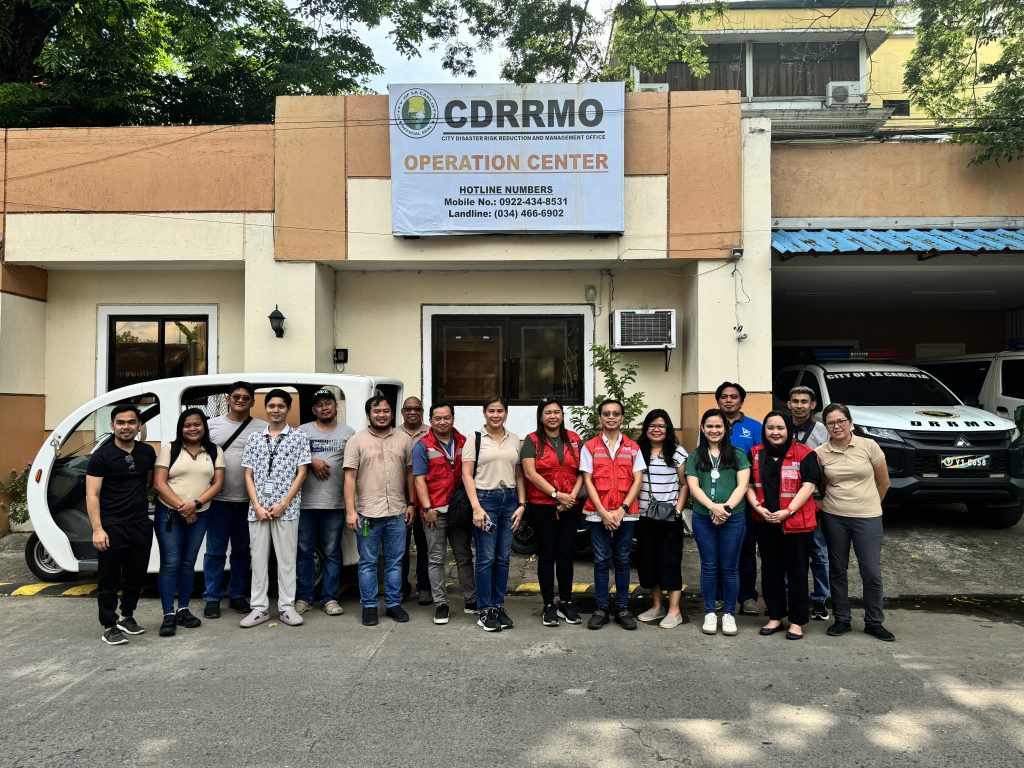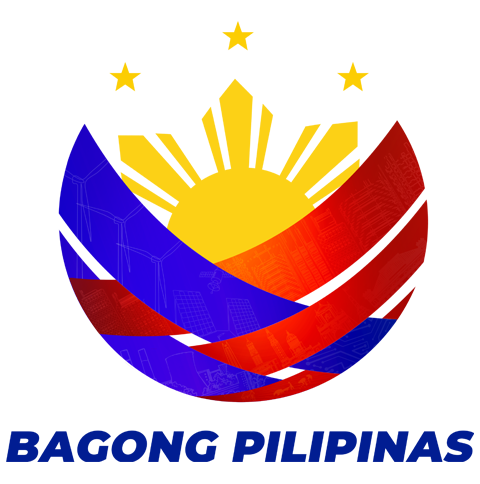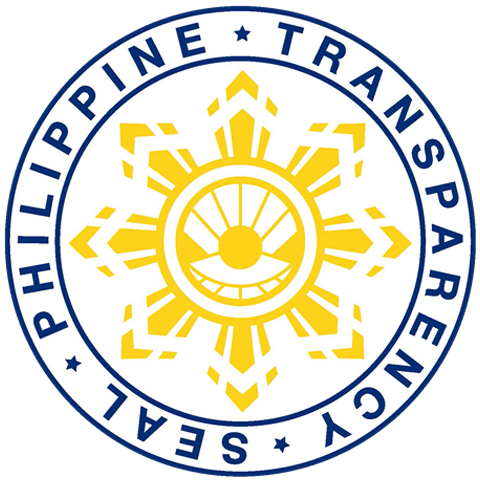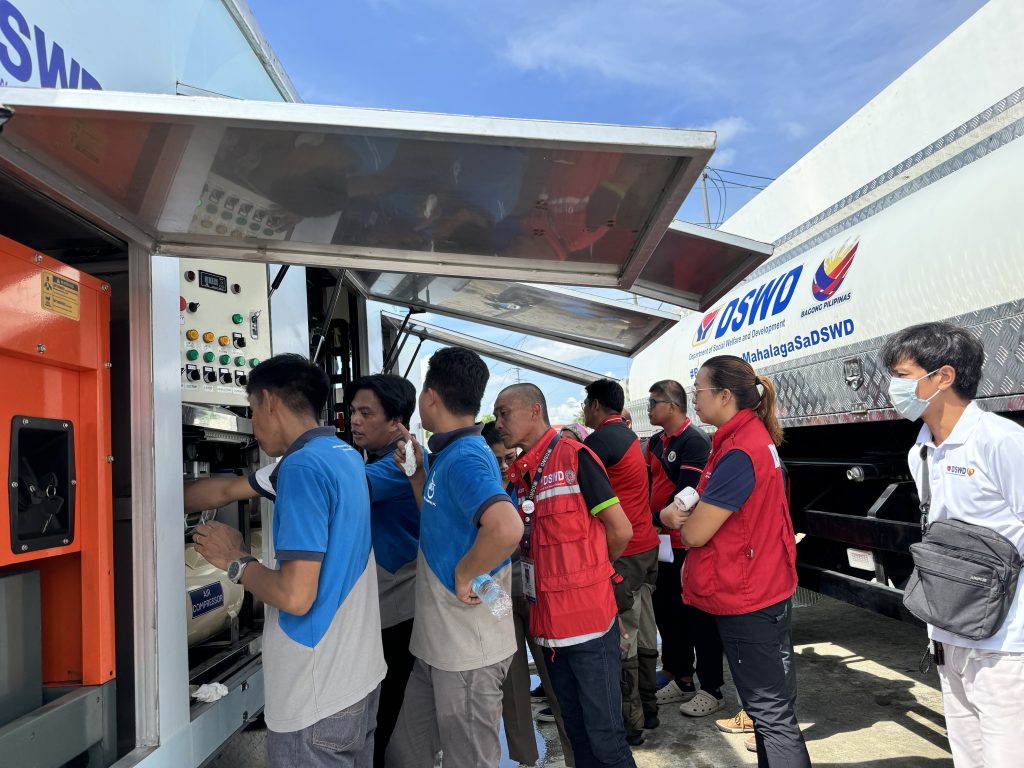
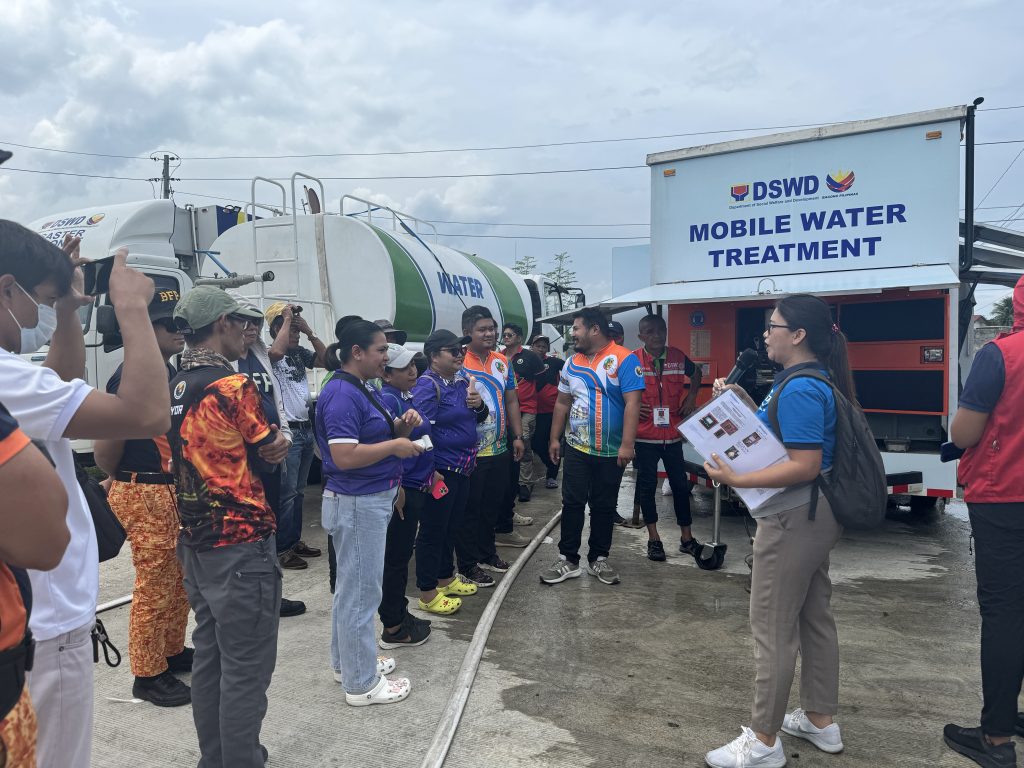
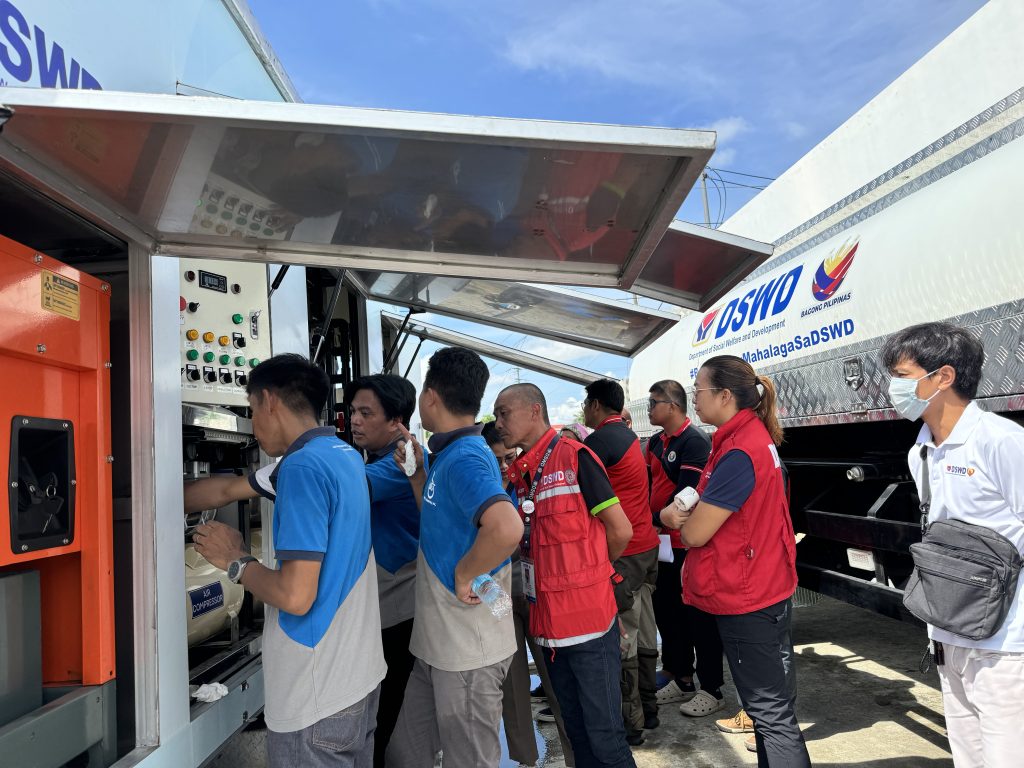
Amid the ongoing Kanlaon disaster response operations, the Department of Social Welfare and Development (DSWD) through the Disaster Response Management Bureau (DRMB) in collaboration with the technical expert from the Water Engineering Technology (WET) industries conducted a two-day technical orientation on the operation of the Mobile Water Treatment Unit and Water Tanker Truck. The activity was held from May 6 to 7 in La Carlota City, Negros Occidental.
The orientation was attended by members of the Quick Response Team (QRT) from DSWD Negros Island Region and Field Office VI, along with representatives from the Local Government Units (LGUs) of La Carlota and La Castellana. Both LGUs are among the areas affected by the volcanic eruption and are actively coordinating ongoing relief efforts.
This initiative aims to enhance the capacity of frontline responders to deliver rapid and sustained disaster response, particularly in ensuring access to safe and potable water for affected populations in evacuation centers and impacted communities. The orientation included comprehensive briefings on the functions, operations, and maintenance of the mobile water treatment and tanker vehicles, followed by hands-on field demonstrations of the equipment.
The activity forms part of DSWD’s continuing commitment to strengthen disaster response operations through practical training and technical assistance, particularly in ensuring access to safe and potable water–one of the most critical needs during volcanic emergencies. It also aligns with the directives of the President Ferdinand “Bongbong” Marcos Jr. to accelerate climate action and enhanced disaster resilience, and is consistent with Secretary Rex Gatchalian’s instruction to DRMB to protect and uphold the Filipino people’s right to water access, especially in times of crisis.
With access to clean water being one of the most critical needs during volcanic emergencies, the Department ensures that its personnel and partners are equipped to respond promptly and effectively to support the immediate needs of the displaced families.
The DSWD continues to closely monitor the situation and remains in active coordination with LGUs, national government agencies, and other humanitarian partners to provide timely and efficient assistance to affected populations.
